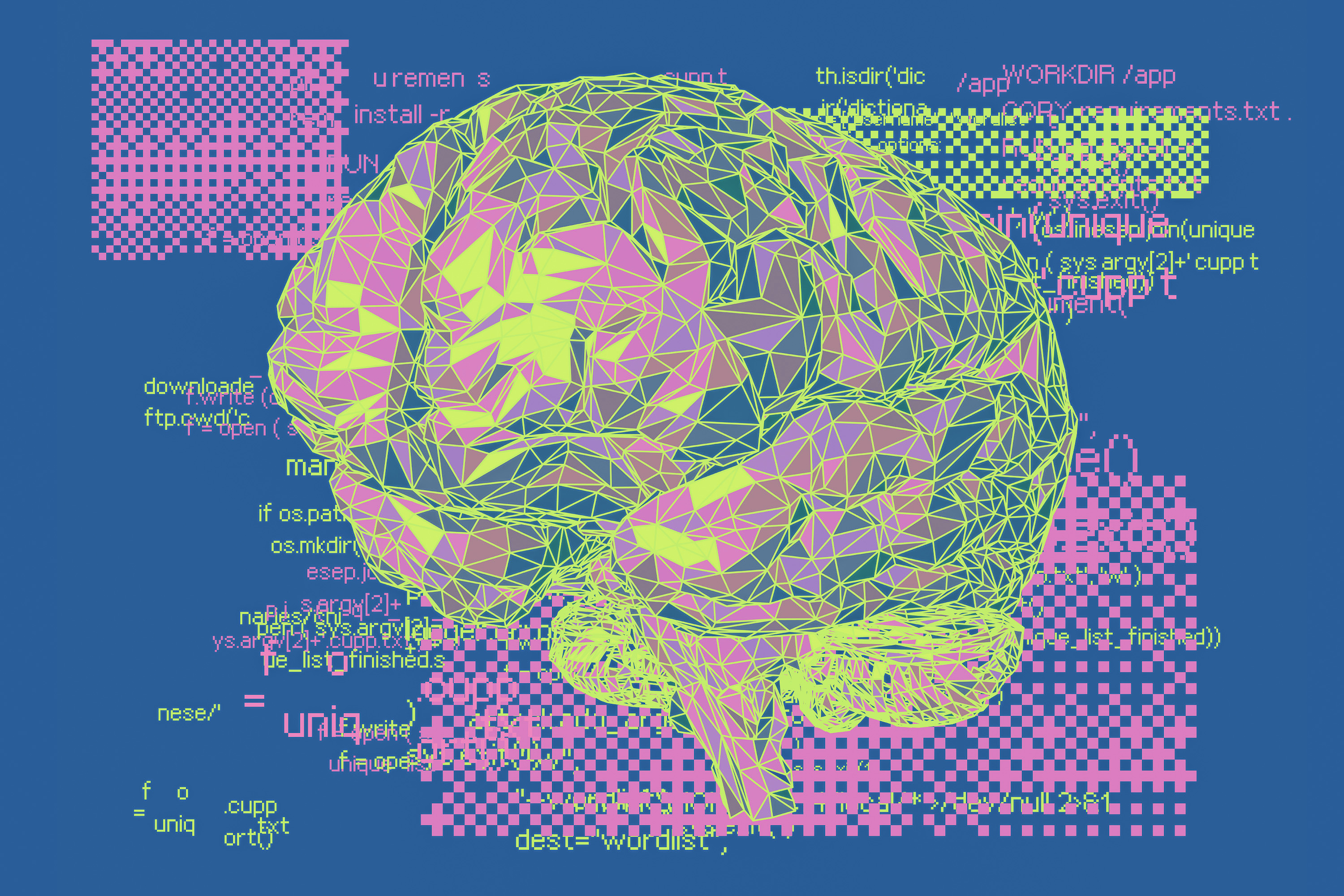
QAnon is a well-known conspiracy theory. It’s also a phenomenon of an era beyond the era of post-truth, in which we uphold the value of truth we are not able to obtain anymore: an era in which there is no truth. More and more people adhere to QAnon, but how should we understand this as a sociopolitical phenomenon?
For a number of years, especially since the election of Trump, we’ve had to deal with fake news. This is, however, only a phase we’ll have to go through. We’ve always relied on certain authorities that brought us truth, such as religious leaders, politicians or other persons whose knowledge we took as gospel. This led to a concentration of power, which also resulted in corruption or tunnel vision (whether consciously or subconsciously). QAnon has emerged from this and shows us a glimpse of the dynamic between media and a “post-truth” era. How can we now understand the rise of QAnon as an exponent of this?First of all, digital technology now gives people the means to investigate for themselves and to share their insights at low cost and high scalability. This is visible in the stories and decodings of Q drops. Furthermore, the filter bubbles and echo chambers of digital media provide people who have extreme ideas with a platform and the means to broadcast their ideas. As such, QAnon and its narrative belong to the postmodern condition of deconstruction, debunking and false consciousness. Think, for example, of the critical theory of Marx, Nietzsche and Freud – the “masters of suspicion”, according to Ricœur – and this discourse is where QAnon fits in, with its alleged criticism of elites and the technocratic system (i.e. the deep state). QAnon thus appeals to a group that suffers existentially-economically, feels wronged by the leading elite and political systems, and therefore criticize these powers, which takes the form of accusations of corruption or running illustrious networks and systems (e.g. a pedophilia ring).
We’re also living in a time of latent desire for apocalypse and collapse: a preference for chaos in the system over the maintaining of the status quo. That is also the proud message of QAnon’s Awakening and Calm before the storm. Furthermore, QAnon is a meta-conspiracy theory, feeding into all kinds of anti-government sentiment and aversion to centralization of power. This matches the libertarian, anarchist movements in American culture. Corona has had a radicalizing effect on all this anti-government sentiment. Lastly, QAnon is mobilizing the strength of anonymous movements without a leader (e.g. Anonymous and Guy Fawkes, Bitcoin by Nakamoto).But we shouldn’t just dismiss QAnon as an unnecessary conspiracy theory that wants to criticize, or as an absurd religion. In a broader sense, we’re living in systems in which we mainly take for granted knowledge and convictions handed down to us, or which we’re unable to verify. This isn’t necessarily a problem, as long as we have faith in these systems, instruments and knowledge production. Not every person has to verify for herself whether the earth is in fact round, and we don’t have to continuously engage in philosophical reflection on the knowledge instruments of a hospital to assess a form of treatment. And that means that we’re living in a time of “conspiracy” of interrelated propositions and intertwined ways of knowledge production. And it isn’t just in periods of great change and internal criticism that conditions for truth become apparent and clear. That makes QAnon a metamodern phenomenon; it constructs a narrative with an entire meta-narrative and idea of the Good Life, the political system and truth. At the same time, it’s an undesirable outgrowth, because it’s not committed to the epistemological conditions of falsifiable and coherent theory. Metamodernism is specifically supposed to guard us against that.


